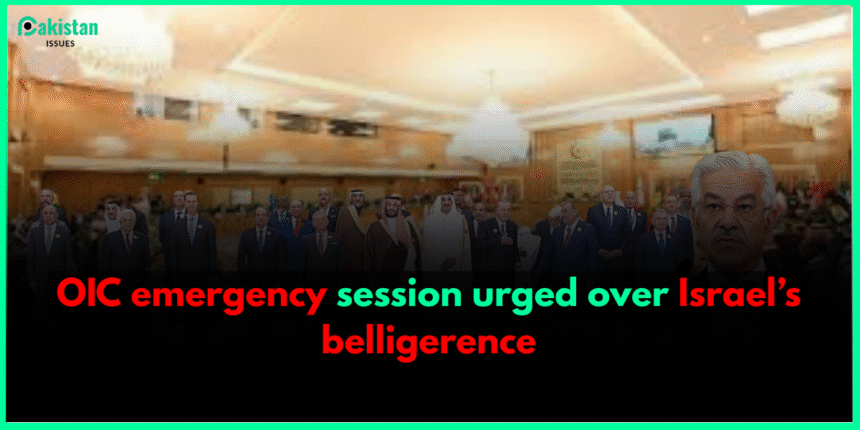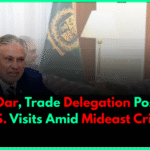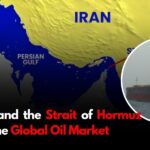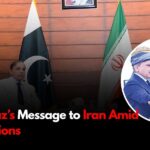On June 14, Pakistan’s Defence Minister Khawaja Asif called for an urgent session of the Organisation of Islamic Cooperation (OIC), urging a collective response against Israel’s recent actions targeting Iran—and by extension, the wider Muslim world.
Asif has quoted the Pakistan Parliament to state that “if the Muslim Countries do not do something now, no country will be safe in the future. It is not about politics – it is about our future.” Sources indicate that both the opposition and government Members of Parliament, including Pakistan Tehreek-e-Insaf (PTI) and Pakistan Peoples Party (PPP) Members of Parliament, endorsed the call.
Of course, this is a little more than merely rhetoric – it is a step for the OIC more than just being vocal against Israel’s actions in Iran through its General Secretariat. The OIC is considering sanctions, as well as some variety of coordinated diplomatic efforts and actions.
Some of the reaction from OIC Members, including Iran, Turkey, and Saudi Arabia have indicated a buy in on the idea. With Jordan and Egypt unsure but not saying no.
What an Emergency Session Might Bring
Past OIC meetings show these can set international agendas. A recent Gaza session led to humanitarian aid coordination and political statements at the UN. This time, Pakistan and its partners may push for joint diplomatic efforts or unified messaging at global forums like the UN.
But there’s a catch: agreeing on joint sanctions or strong resolutions isn’t easy, especially given internal political differences among OIC states.
Observers and Reactions
On the streets of Islamabad, people shared mixed reactions. One shopkeeper commented, “We back this unity—but are countries really going to act, or just talk?” Others saw value in a common stance: “If we say nothing now, we are older tomorrow.”
Next Steps in Focus
OIC diplomats are meeting quietly behind the scenes. Word is that Riyadh and Ankara are evaluating Pakistan’s proposal. If they decide to sponsor it alongside Islamabad, a formal session could be scheduled in the coming weeks.
Some analysts believe the focus will be on diplomatic pressure, not military moves—proposing initiatives like arms embargo support and appealing to the UN to oversee the unfolding conflict.
Why This Matters
- Muslim World Unity: A successful OIC session would show a rare moment of cohesion.
- Diplomatic Significance: Strong messaging at the UN could influence international responses.
- Precedent for the Future: Pakistan is signaling that it won’t stay silent—setting a tone for regional diplomacy moving forward.










